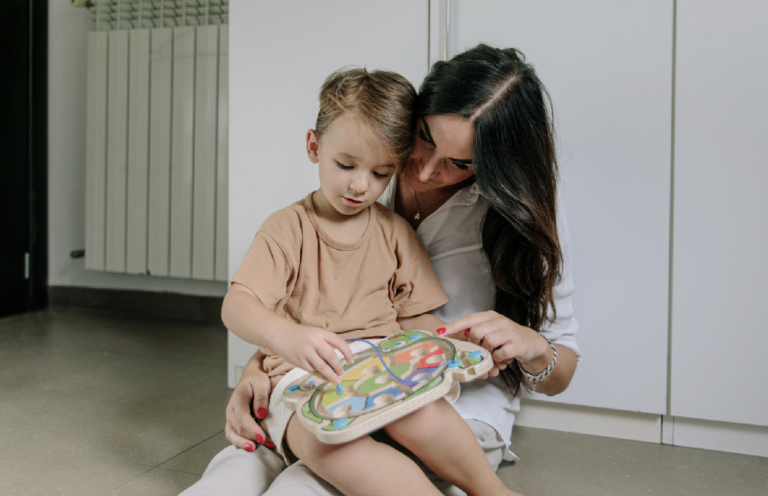As we constantly evolve with societal norms and traditions ever-changing, one of the most internationally recognised life events is also slowly becoming less popular to couples around the world.
Statistics from a recent study by the Australian Bureau of Statistics reveal that up to 33% of all Australian marriages are predicted to end in divorce, a percentage that has been on a gradual rise since 1975. This was the year when the Family Law Act introduced ‘no fault divorce’, which meant you did not have to prove reason of breakdown to obtain a divorce.
Since then we have seen a considerable decrease in marriages within Australia, the Australian Bureau of Statistics noting a 30.6% decrease from 2019 to 2020. While this could be largely blamed due to the COVID-19 social restrictions, this was the largest annual decrease in marriage ever recorded by the ABS and annual marriage restrictions are the lowest ever reported since 1961. However, the divorce rate has thus decreased to 1.9 divorces per 1,000 people from 2.6 when recorded in 2000.
The current overview of marriage breakdown statistics, based on a study by the Australian Institute of Family Services, puts lack of communication and incompatibility as the two top reasons for divorce. These are referred to as ‘Affective Issues’, to which 71% of divorces are blamed on, according to the Australian Divorce Transitions Project. The statistics of affective issues include:
- Communication problems: 27%
- Loss of connection: 21%
- Infidelity/trust issues: 20%
Other causes of divorce in Australia include:
- Physical or emotional abuse: 7.4%
- Alcohol and drug abuse: 7.4%
- Financial problems: 4.7%
- Work/time pressures: 2.7%
- Family interference: 0.6%
- Physical health or mental health issues: 4.7%
As we move into the future, it is important to learn more about these statistics and understand the reason for marriage breakdown so we can foster stronger and longer-lasting relationships.
To speak to one of our Family Law Solicitors to find out if Mediation or Collaborative Practice is right for you and your situation, contact the team here.



